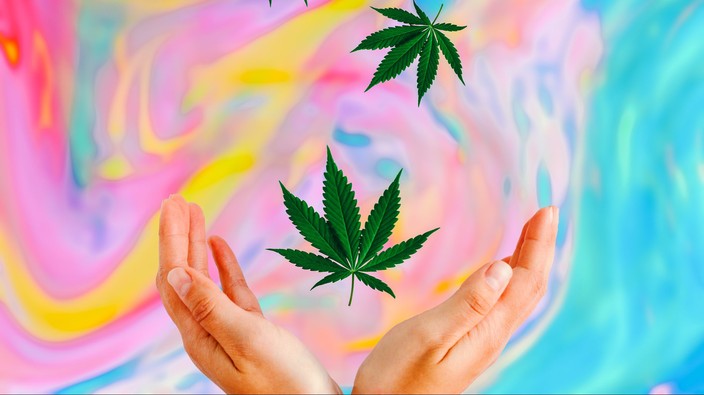“for low-level cannabis use, which was the majority of users, in adults, legalization does not appear to increase the risk of substance use disorders,” said christian hopfer, co-author of the study and a medical doctor and professor of psychiatry at ibg and cu anschutz who studies substance abuse disorders.
on the contrary, they found that twins living in states with legalized marijuana displayed fewer symptoms of alcohol use disorder and were less likely to engage in risky behaviour — such as driving under the influence — after drinking.
“our study suggests that we should not be overly concerned about everyday adult use in a legalized environment, but no drug is risk-free,” hewitt said. “it would be a mistake to dismiss the risks from higher doses of a drug that is relatively safe in small amounts.”
although the study had a few limitations, including a failure to examine the health impacts of the drug on adolescents or examine the types and doses of cannabis used, the team hopes its results will help inform public policy and general discussion on the merits of legalization.
“i would love for us to get past this question of, ‘is legalization good or bad?’ and move toward more specific questions like, ‘who is most at risk? who can benefit the most? and how?’ so that people can make informed choices,” zellers said.
 3 minute read
3 minute read









